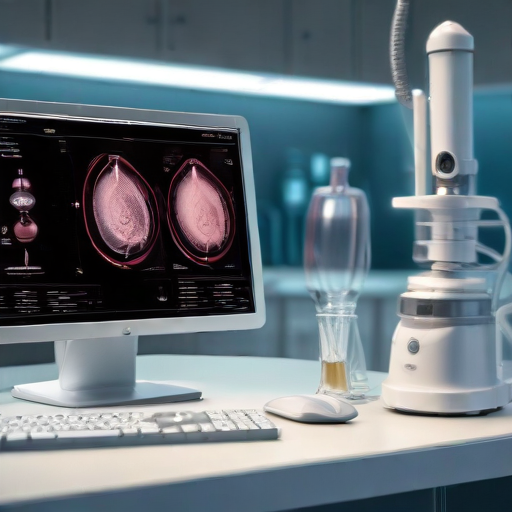A healthcare technology firm has announced that its AI software can more accurately assess the extent of prostate cancer compared to traditional medical evaluations by doctors. Avenda Health’s software, known as Unfold AI, achieved an impressive detection accuracy of 84.7% in a recent study, while human physicians demonstrated varying accuracy rates between 67.2% and 75.9%.
Conducted in collaboration with UCLA Health and published in the Journal of Urology, the research involved ten doctors analyzing 50 distinct prostate cancer cases. The findings highlighted that when integrated with AI, the accuracy in predicting cancer size was amplified, with AI providing predictions that were 45 times more precise compared to manual assessments.
Assistant adjunct professor of urology at UCLA, Dr. Shyam Natarajan, emphasized that the inclusion of AI not only enhanced the accuracy of diagnoses but also led to greater agreement among doctors in their evaluations, pointing to a significant advancement in cancer care techniques.
Despite the reliance on MRIs for tumor sizing, some tumors remain undetectable, described as “MRI-invisible.” Dr. Wayne Brisbane, another expert from UCLA, noted that AI technology plays a crucial role in addressing these limitations, potentially leading to more personalized and effective treatment strategies for patients.
As a beacon of hope, AI’s role in oncology promises advancements in cancer treatment that could greatly improve patient outcomes. With the American Cancer Society reporting that approximately 1 in 8 men will receive a prostate cancer diagnosis in their lifetime, and an estimated 299,010 new cases expected this year, this innovative technology could transform the landscape of prostate cancer detection and treatment.
Avenda Health’s CEO, Dr. Shyam Natarajan, expressed optimism about the validation of AI-driven innovations in healthcare, citing recognition from the American Medical Association as a significant endorsement. As AI continues to evolve, it stands to make substantial contributions to the ways in which cancer is diagnosed and treated, fostering hope for patients and healthcare professionals alike.
This development serves as a reminder of the potential for technology to enhance medical practices, improve patient care, and ultimately save lives.
